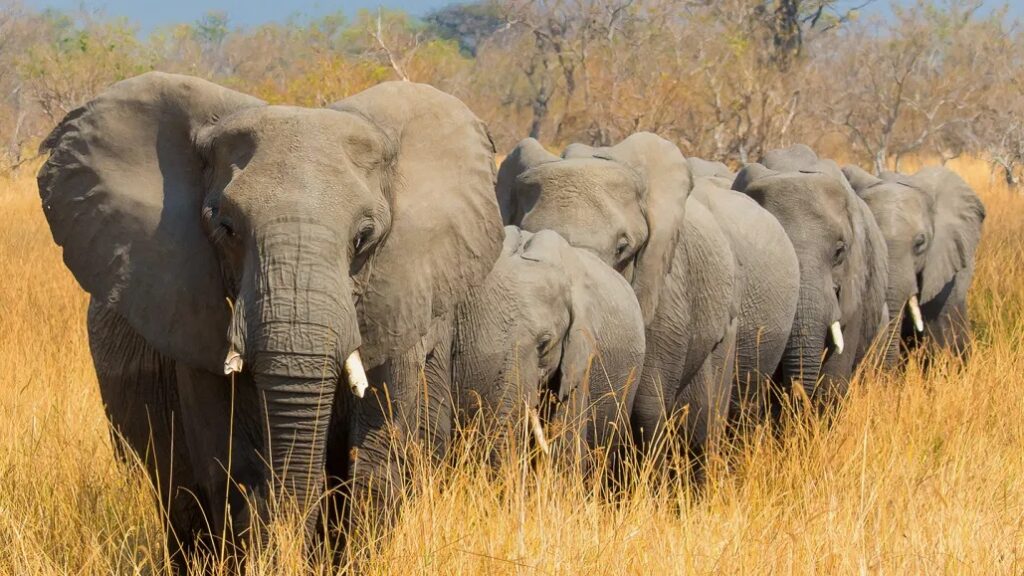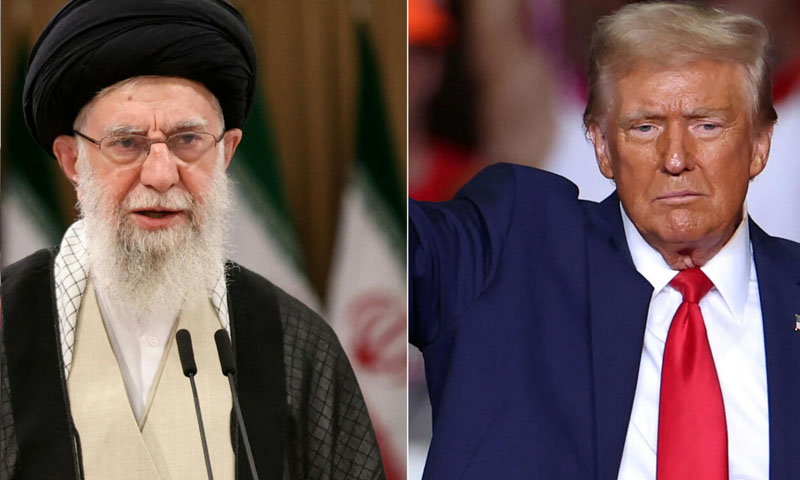- Web Desk
- 3 Hours ago
Botswana’s elephant proposal to Germany sparks debate: threat or generous gesture?
-

- Web Desk
- Apr 05, 2024

GABORONE: Botswana’s President Mokgweetsi Masisi recently proposed sending 20,000 elephants to Germany, igniting a debate over whether this action constitutes a generous gift or a menacing threat.
Botswana boasts the world’s largest elephant population, a result of successful conservation efforts in recent years. However, the country now faces concerns about the overpopulation of these giant creatures.
Botswana has long advocated for controlled hunting as a means to manage the elephant population. The African country argues that such measures can also generate revenue for conservation efforts and mitigate challenges like crop damage and human safety risks.
Read more: Punjab govt decides to establish wildlife rescue force for animal protection
However, countries like Germany are deliberating stricter limits on elephant hunting trophy imports due to concerns about poaching. Germany is one of the primary importers of these trophies within the European Union (EU). Botswana has negatively reacted to Germany’s decision.
In response, the president \suggested that Germany should experience firsthand the realities of coexisting with elephants before enforcing any import restrictions. While some perceive Masisi’s proposal as a sarcastic gesture, others interpret it as a serious attempt to address Botswana’s elephant overpopulation issue.
Read more: Why big animals got smaller, even before climate change
In recent years, Botswana has grappled with a growing population of elephants. The current elephant population now reaches 130,000, causing issues in wildlife management and human coexistence.
To mitigate this issue, Botswana has reportedly offered to relocate some elephants to neighbouring countries like Angola and Mozambique.
The Botswanan president’s proposal garnered mixed reactions, with some applauding it as a bold defense of Botswana’s conservation policies against perceived interference. Others hwoever, question its practicality and ethical implications.




